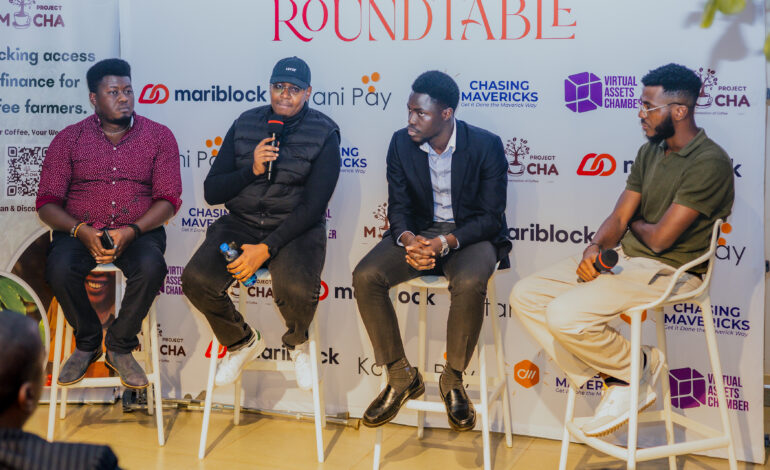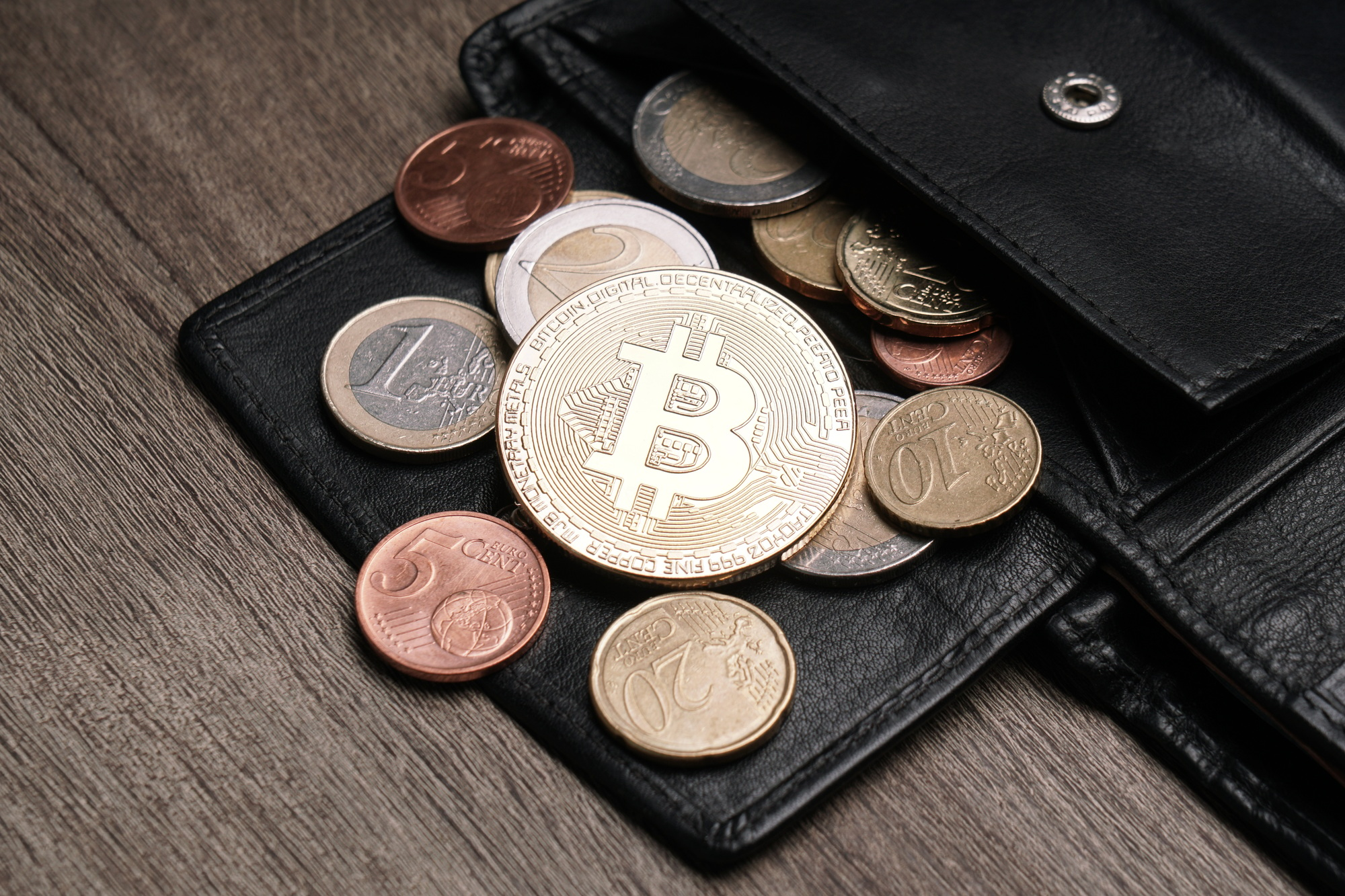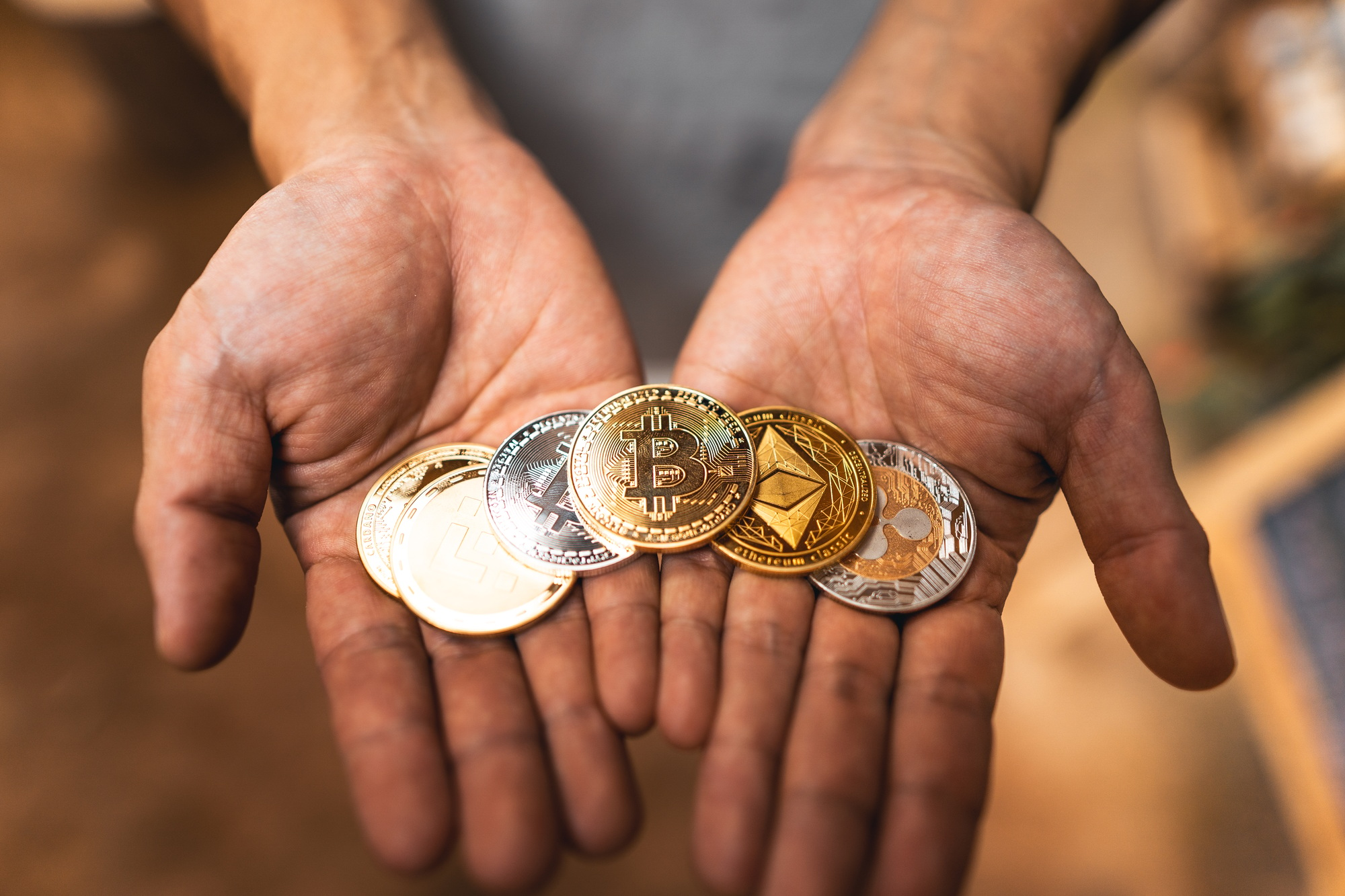Africa Stable Coins

Does Africa really need its own stablecoin? A Kenya shilling–pegged “cKES” or a naira-backed “cNGN” sounds like peak financial freedom. It’s literally Africa minting its own version of USDT. But freedom is also about stability. Pegging a token to an inflation-prone currency just digitizes the weakness, and platforms like M-Pesa already act as digital shillings.
Flip the coin, though, and the bigger picture comes into focus. Relying only on USDT and USDC chains Africa to U.S. monetary policy. A cKES or cNGN, if properly backed and regulated, could give us digital money that speaks our language—running payrolls, fueling remittances, greasing trade—without every shilling detouring through the dollar first. And unlike M-Pesa’s walled garden, these coins could move across borders, apps, and blockchains at internet speed. In that light, African stablecoins aren’t just a tech experiment. It’s a story about sovereignty, resilience, and building financial systems that finally answer to Africa first.
Where we are now and where do we go from here
Take Nigeria’s cNGN. Launched in early 2025 by the African Stablecoin Consortium—a coalition of fintechs, blockchain firms, and regulators—it’s pegged 1:1 to the naira and backed in licensed banks. Within months, cNGN was already flowing through DeFi apps, GameFi platforms, and even treasury products like short-term securities. It’s not perfect, but it’s proof that an African stablecoin can be regulated, useful, and alive in the wild.
Kenya is moving too. The proposed cKES, built with Celo’s Mento Labs, is still in the works, but the community is already wiring the pipes—setting up shilling oracles, liquidity pools, and governance rules. At the same time, Kenya’s Virtual Assets Bill is carving a legal path that forces reserve backing, audits, and oversight by both the Central Bank and the Capital Markets Authority. It’s early, but the groundwork is real.
Local stablecoins may not be a silver bullet, but they’re a bold attempt to reconcile that paradox.
What This Could Do for Africa
1.Local Currency Stability: Keeps value anchored to regional economies—less reliance on USDC/USDT.
2.Financial Inclusion: Leverages high mobile penetration (e.g., 34 million M-Pesa users in Kenya) Milken Institute.
3.Remittances & Payroll: Cheaper, faster, programmable—like Micropay pilots in Kenya slashing fees from 29% to 2% Milken Institute.
4.Developer Ecosystems: Open rails to build DeFi, GameFi, savings tools in local currencies.
What Keeps Central Banks Up
With the curent shape of regulation right now, I’m not surprised that KRA & CBK aren’t liking this. For African Stable Coins to become a reality here, we will need to answer these questions first:
1.Monetary Sovereignty Risks: ceding control of currency supply and seigniorage as funds shift into stablecoins Center For Global Development.
2.Fiscal Impact: Governments could lose tax and seigniorage revenue, especially in economies where that income is vital Center For Global Development.
3.Fraud & AML Risks: Weak on/off-ramps and informal networks can become fraud vectors—like ghost agents and duplicate withdrawals orca-fraud.com.
4.Interoperability & Infrastructure: Fragmented systems hamper seamless user experience and broad adoption.
5.Regulatory Uncertainty: Without proper frameworks, backbone trust can collapse.
African Stable Coin Summit
Africa Stablecoin Summit 2025 is scheduled for November 12–13 in Johannesburg, However, this week, all eyes on Lagos, Nigeria, where the StableAfrica Summit 2025 is underway (September 9–11). The Lagos gathering brings together policymakers, blockchain innovators, and fintech leaders to debate Africa’s role in the stablecoin economy, from local currency–backed tokens like Nigeria’s cNGN to proposals for regional instruments such as a Kenya shilling–pegged cKES. The conversations happening now will likely set the stage for November’s summit in Johannesburg, where the focus will sharpen on regulation, adoption, and whether Africa truly needs its own stablecoin
Come and be a part of this converstion, or let’s just argue in the comments. I know you’re wrong and we can prove it.
Conclusion
Anyways. On a final note. All freedom is good freedom. I believe that refusing to claim it is like a betrayal to the people who have sacrificed everything to bring us here. That being said, the more we look into this, the more we discuss it; the faster we can answer the hard questions and bring African Stable Coins into a reality.
Still, for these stablecoins to succeed sustainably, they must be built with rigorous compliance, secure infrastructure, and aligned public-private governance.






